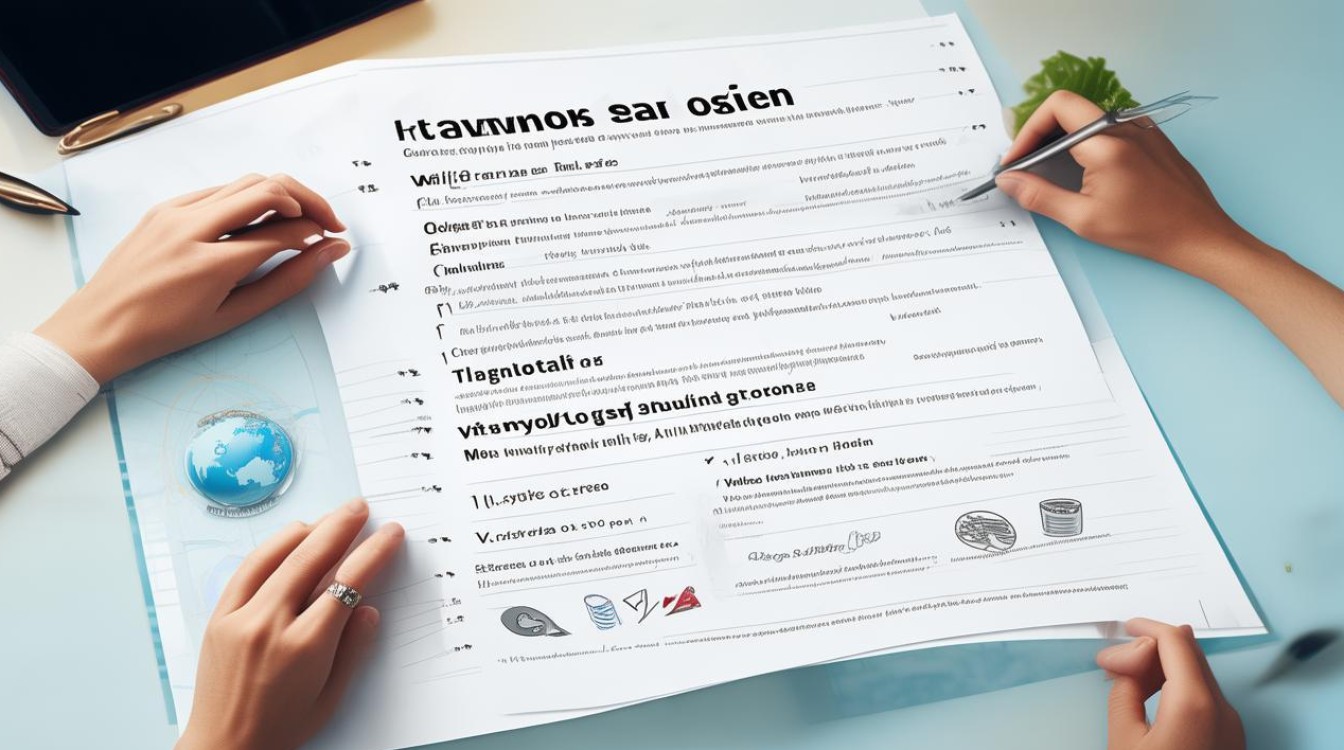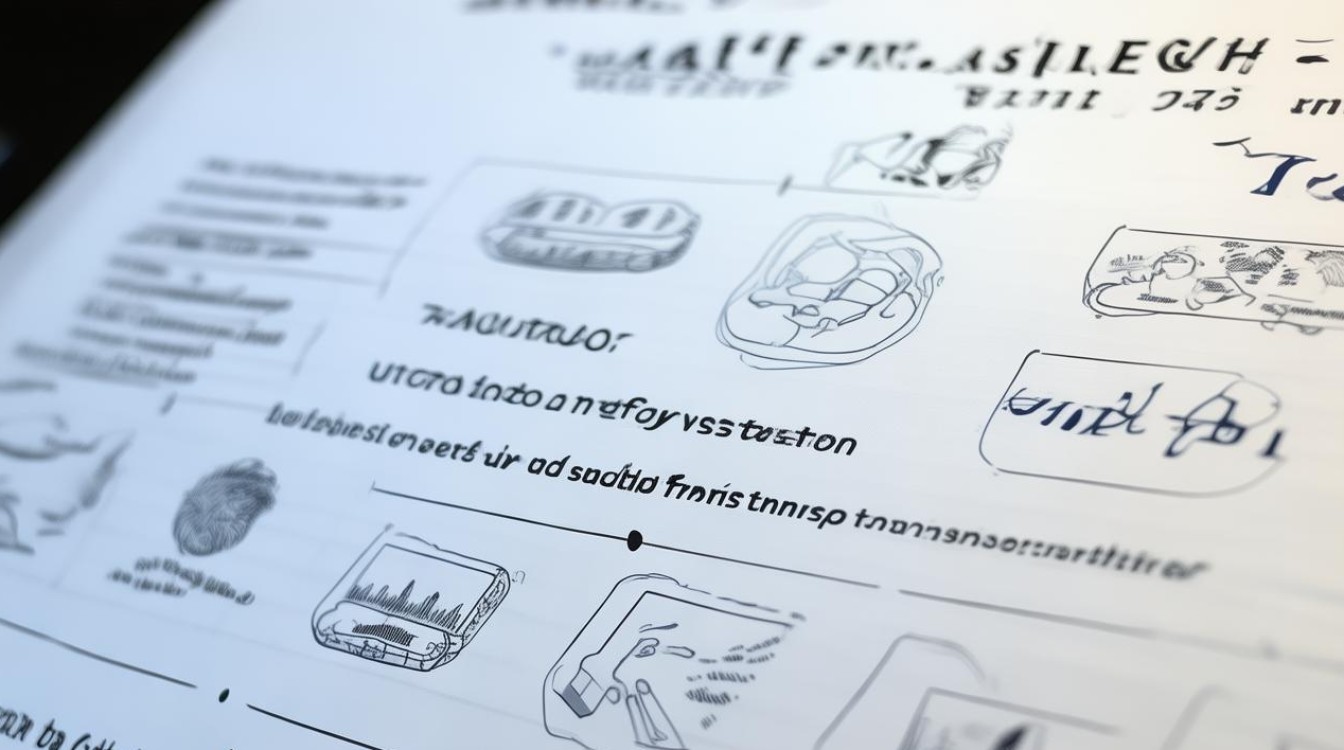When learning English, one of the most common challenges is finding the right word to express a concept from your native language. For Chinese speakers, the word “做” is incredibly versatile, covering a wide range of actions. But how do you accurately translate it into English? The answer depends on context. Let’s explore the most common English equivalents and how to use them correctly.

"Do" – The General Purpose Choice
“Do” is the closest direct translation for “做” in many everyday situations. It’s a broad term used for actions, tasks, and activities.
- Examples:
- 你在做什么? → What are you doing?
- 我需要做作业。 → I need to do my homework.
- 他做得很棒。 → He did a great job.
When to use "do"?
- For general activities (do work, do exercise)
- With abstract tasks (do research, do business)
- In questions (What do you do?)
"Make" – For Creating or Producing
When “做” involves producing something tangible or causing a change, “make” is often the better choice.
- Examples:
- 她做了一个蛋糕。 → She made a cake.
- 请做决定。 → Please make a decision.
- 这个公司做手机。 → This company makes phones.
When to use "make"?
- For physical creations (make food, make clothes)
- With decisions, plans, or changes (make a choice, make progress)
- In expressions (make money, make friends)
"Cook" – Specifically for Food Preparation
If “做” refers to preparing meals, “cook” is the most natural option.
- Examples:
- 我妈妈正在做饭。 → My mom is cooking.
- 你会做中餐吗? → Can you cook Chinese food?
When to use "cook"?

- Only for food-related actions (cook dinner, cook rice)
"Perform" – For Formal or Skilled Actions
When “做” relates to executing a task professionally (like a job or art), “perform” fits well.
- Examples:
- 医生做手术。 → The doctor performs surgery.
- 乐队做了一场演出。 → The band performed a show.
When to use "perform"?
- In professional contexts (perform duties, perform a task)
- For artistic or technical actions (perform a dance, perform an experiment)
"Work" – For Jobs or Labor
If “做” refers to employment or labor, “work” is often the right word.
- Examples:
- 他在做IT行业。 → He works in IT.
- 我们做这个项目很久了。 → We’ve been working on this project for a long time.
When to use "work"?
- For jobs (work as a teacher, work remotely)
- For ongoing efforts (work on a problem, work hard)
"Fix" or "Repair" – For Correcting or Building
When “做” means repairing or adjusting, “fix” or “repair” may apply.
- Examples:
- 你能做我的电脑吗? → Can you fix my computer?
- 他做家具。 → He repairs furniture.
When to use "fix/repair"?

- For mechanical or technical corrections (fix a car, repair a phone)
"Engage in" – For Formal or Involved Actions
In formal contexts where “做” means participating in an activity, “engage in” can be used.
- Examples:
- 他们做慈善。 → They engage in charity.
- 我们做讨论。 → We engage in discussions.
When to use "engage in"?
- For formal or ongoing participation (engage in politics, engage in sports)
"Handle" – For Managing Tasks
When “做” involves dealing with a situation, “handle” is a strong option.
- Examples:
- 她能做这个项目。 → She can handle this project.
- 谁来做客户投诉? → Who will handle customer complaints?
When to use "handle"?
- For management or responsibility (handle a crisis, handle a meeting)
"Carry out" – For Completing a Task
If “做” refers to executing a plan or order, “carry out” may fit.
- Examples:
- 士兵做命令。 → Soldiers carry out orders.
- 我们做了一项调查。 → We carried out a survey.
When to use "carry out"?

- For formal executions (carry out a mission, carry out a plan)
"Be" – In Some Fixed Phrases
Surprisingly, “做” sometimes translates to “be” in certain expressions.
- Examples:
- 做朋友 → Be friends
- 做榜样 → Be a role model
When to use "be"?
- In idiomatic phrases (be a teacher, be kind)
Common Mistakes to Avoid
- Using "do" for everything – While "do" is versatile, overusing it sounds unnatural.
- Confusing "make" and "do" – "Make" implies creation, while "do" refers to actions.
- Ignoring context – Always consider the situation before choosing a word.
Practical Tips for Learning
- Read English content – Observe how native speakers use these words.
- Practice with sentences – Try translating different uses of “做” into English.
- Use dictionaries – Check example sentences for clarity.
Understanding how to say “做” in English requires attention to context. Whether you use “do,” “make,” “cook,” or another word depends on the action involved. By mastering these distinctions, you’ll speak more naturally and avoid common errors.
If you found this guide helpful, share it with others learning English. The right word choice makes all the difference in clear communication.

